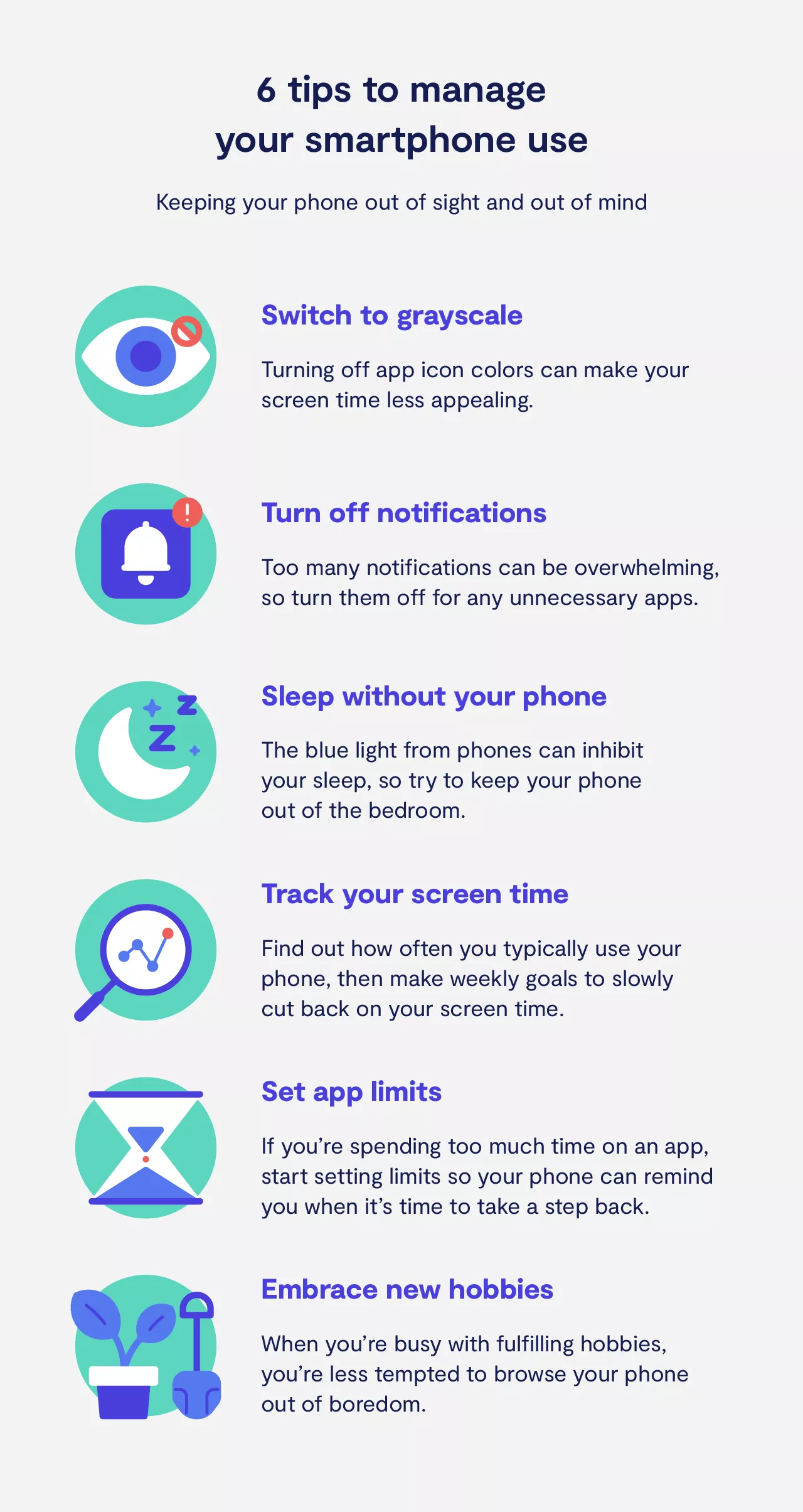Is Your Child Ready for a Cell Phone?
Parents often wonder what the right age is for their child to have a cell phone, but the truth is, every child is different. It depends on the child’s maturity, ability to be responsible, and the family’s communication needs.
As you consider what works best for your family, use the following tips to help set ground rules and parental controls for phones, and to decipher the delicate balance between monitoring your child’s cell phone use and respecting their privacy.
Setting Ground Rules for Cell Phone Usage
Like driving a car for the first time, most kids are excited to get their first cell phone. And when learning to drive, kids must go through driver’s education and have limitations placed on them once they can drive on their own.
The same rings true for cell phones. As adults, we know the distractions our phones can pose. Before you give your child a phone, discuss cell phone safety and the ground rules you expect them to follow. Start small and allow more freedom with earned responsibility.
Cell phone rules and expectations can include:
- When the cell phone cannot be used, like at dinner time, during homework hours, or at bedtime.
- Never texting while walking—this can be anywhere, including parking lots, the mall, sidewalks, or even at home. This can distract your child and can be dangerous if they aren’t paying attention to their surroundings.
- Never texting while driving and following the state laws when it comes to cell phone and hands-free use in the car.
- Only downloading approved apps.
- Designating specific times to use social media apps such as Snapchat, Twitter, Instagram, WhatsApp, Kik, TikTok, etc.
- Keeping personal information, such as their school name, hometown, phone number, birth date, and address, off social media.
- The understanding that the phone is the property of the parents and can be rescinded at any time for misuse.
- A clear definition of who is responsible for replacing the phone if it’s lost.
As you establish ground rules, consider creating a cell phone agreement for your child to sign, and give them a copy to keep and comply with. The contract can include the estimated cost of the cell phone, whether or not you will be monitoring and tracking the phone, and a statement that phone privileges can be discontinued at any time for misuse. Warning your child of the consequences of misusing their phone ahead of time makes it easier to take their phone away, if needed.
What type of phone to get for your child
Cell phones are expensive, and your child probably doesn’t need the newest model with all the bells and whistles. The best first phone for a child is either a used one (several generations old) or a basic phone with limited functions.
If your child proves they are responsible by taking good care of their phone and responding to your texts and calls, you can consider upgrading them to a better phone, if needed.
How to use Parental Controls on a Phone
Self-control is not necessarily a strong suit in the still-developing mind of a child, and setting parental controls on their phone can help protect them.
Parental controls can include restrictions on downloading apps, preventing explicit content, limiting cell phone usage, restricting Web searches, and only allowing certain games. Start off by restricting as much as you feel you need to and eventually allow more options with proven responsibility.
Monitoring with privacy
There’s an ongoing debate about the balance of parental monitoring and a child’s privacy, and it’s up to each parent to decide on an individual basis. Just as a parent helps their child learn to ride a bike or drive a car, they can also help their child learn how to safely use their cell phone.
Kids rarely make phone calls anymore — instead, they use messaging for most of their conversations. Looking over social media interactions, app use, and texts can offer insight into bullying, disparaging comments, signs of suicide from friends, or unsolicited sexting from friends or strangers. Does your child know how to handle these situations? Will your child tell you about it?
Keep in mind that many kids don’t use text messaging like their parents do. They prefer Snapchat or Instagram messaging, and now both social media apps make messages disappear after a certain amount of time. Staying up-to-date on what apps your child is using and how they can be used for messaging can help keep you informed about your child’s online activity.
Most cell phone carriers offer packages to help parents with monitoring, and a number of parental monitoring apps are also available with varying degrees of tracking. These apps can alert you when specific words are used in messages your child sends or receives and offer more privacy by allowing you to focus on certain messages rather than every communication.
Cell phones can be helpful for families when used correctly. Taking the time to set up ground rules can help teach your child responsibility and will offer peace of mind as you navigate the treacherous waters that can come with your child’s first phone.
Conclusion
These days, most parents take for granted that every child will get a cell phone at some point in their young life. However, some parents don’t want their kids to carry around a phone, regardless of whether they are ready for it or not. There may be other factors in play, such as personal beliefs and concern about a child online safety.
All parents think about how much freedom a child should have before they reach a certain age. This opens up issues of how kids will feel if they are the only ones without a cell phone. That is yet another important discussion that needs to take place within any family. In any case, communication is always key.
About the Author
Lori Cunningham a family tech advocate and contributing writer for Xfinity Mobile. She is a mom to two creative children ages 13 and 15, and always looking to find new ways technology can help families with their scheduled lives.






